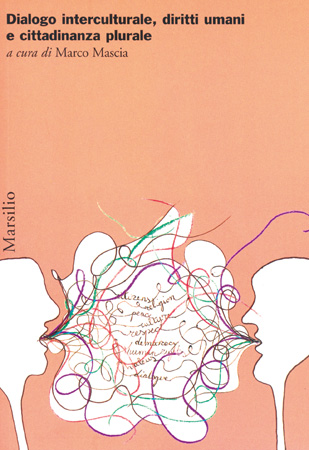Raccolte

Cittadinanza e cittadinanze ad omnes includendos: la via dei diritti umani
- Tipologia pubblicazione
- Articolo / Saggio
- Pagine
- 25-50
- Lingua
- IT
The starting assumption is that intercultural dialogue, to be fruitful, must be developed from a basic code of values, that aside from being universal in character and therefore possible to share, must also be a trans-cultural facilitator. Arguably, the international law of human rights provides the axiolegal paradigm for the human-centric foundation of citizenship, then for its redefinition as plural citizenship whose references are no longer only the ius sanguinis and the ius soli, but primarily the ius humanitatis. It presents the human rights approach to citizenship ad omnes includendos, that is for the inclusion of all human beings, as «members of the human family» in a large and multi-level space. The horizon for active citizenship is much broader than the territorial dimension of the traditional nation-state; it is the European and world space of internationally recognised human rights. In this light, the European integration process and system, being a laboratory of «constituent» activities, provide an evolutionary context in which new citizenship and inclusion practices can be built. Thus an implementation of plural citizenship is strictly linked to re-launching a democratic practice beyond the national borders, and rescuing statehood providing it with new sustainable dimensions. Arguments are raised in favour of the thesis according to which the promotion of universal citizenship strengthens the eligibility of local government institutions to have a more visible place in the architecture and functioning of the world political system. Emphasis is put on the primacy of the international law of human rights over national and sub-national legal systems. Human rights mainstreaming in local and international public policies is considered one of the greatest challenges for reshaping and developing inclusive infrastructures. In this large context of multiple challenges and opportunities, education is asked to help maturing a new «transcend civic identity».

